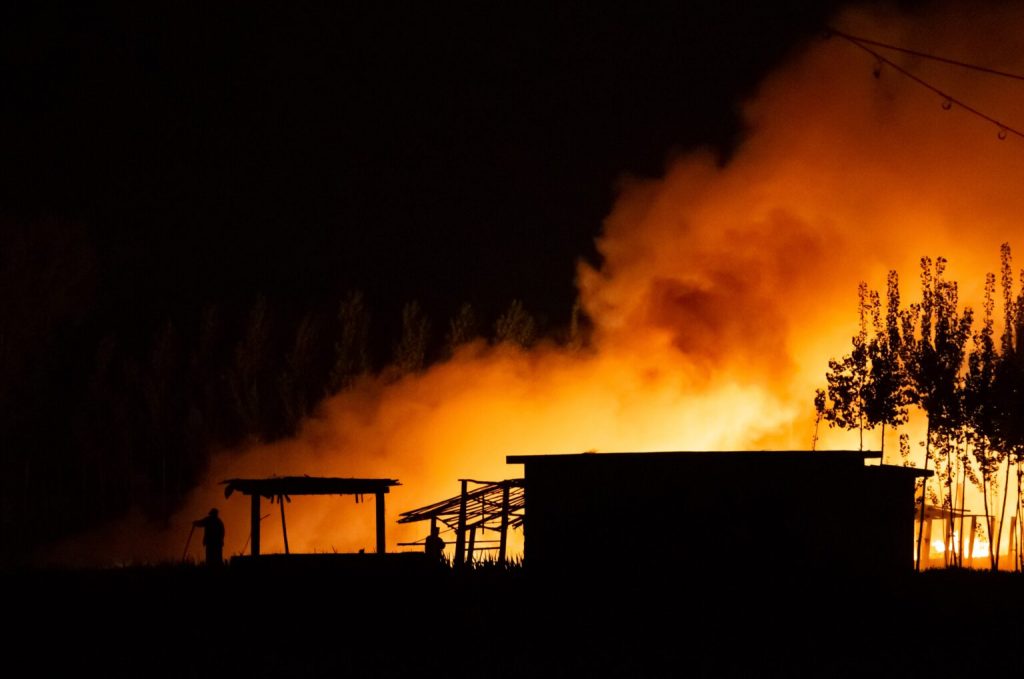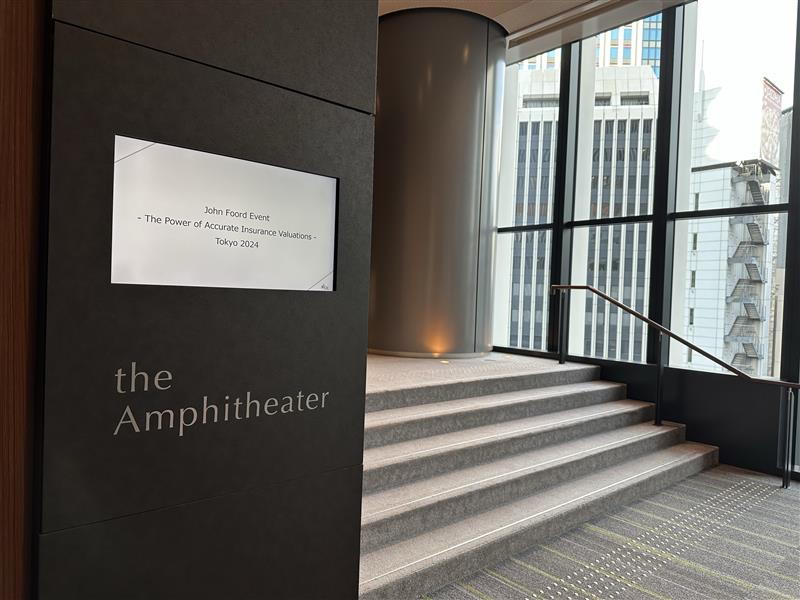
What is the advantage of the independence of your valuer? Should your insurance broker advise you on your property damage policy values at risk? Can you rely on the opinions of your in-house engineers or perhaps your contractors or quantity surveyors?
Obligation to Disclose
In an insurance contract, the insured is under an obligation to disclose to the insurer every material circumstance known to the insured or that ought to be known in the ordinary course of business. A policy may still be voidable for non-disclosure of material information, despite some amendments to insurance legislation around the world over recent years, .
An insurance broker has a duty to advise an insured of its duty of disclosure, and to elicit information from the insured, but it is the insured’s ultimate responsibility to ensure that the information submitted to insurers is correct.
Arriving at Values-at-Risk
In the current market, insurers appear to be reviewing the status of current and new risks, putting more emphasis on declared values, risk management reports, and pricing risks more carefully to reflect what they see as good and bad risks.
So how does an insured arrive at accurate defendable information on the reinstatement or replacement cost of their fixed assets to support their proposal submission to insurers?
Internal teams such as engineering departments, or external contractors, are often a good source of current cost information, but they rarely understand how to arrive at the appropriate values required under insurance policies, e.g., replacement on a like-for-like basis, exclusion of financing and one-off costs, inclusion of owner’s costs, etc.
The use of an expert independent valuation firm with knowledge of the assets, insurance policy terms, practical post loss scenarios and how to communicate with all stakeholders, puts the insured in the best position.
Conflict of Interest
Perhaps your broker or contractor is offering this service now, likely as an add-on to other services. Why shouldn’t you just use this approach?
The risk of a conflict of interest rises sharply in situations where an advisor, such as an insurance broker, contractor, or other consultant, is fulfilling multiple roles e.g., in the broker’s case acting for both the insured and insurer.
Even if the multiple roles are declared, if an insurance broker is being paid on a commission from the insurer(s) there is a genuine risk of conflict of interest in them providing reinstatement costs to the insured because, although the broker owes a duty of care to his or her client, their individual best interests (i.e., the amount of money they can make off a brokerage transaction) lies with a third party.
If the commission is based on premiums, which in turn is linked to the sums insured, it may not be in the broker’s interest to advise on the lowest defendable values.
Courts have been tough on insureds who have made submissions containing material misrepresentations, even where the insured has claimed that the broker was at fault.
For contractors, there may be a desire to show high reinstatement costs to justify past pricing, or to indicate low reinstatement costs as a means of securing future opportunities to bid for work.
So, even where this service is being offered by your broker or other connected party, there are strong reasons to consider an independent advisor.

What happens in the Event of a Loss?
Often a broker’s role is to assist the insured follow a loss. What if the values at risk are wrong? How will a broker be able to objectively negotiate on the insured’s behalf, and mitigate any impact of underinsurance, if they are at risk themselves of negligence in determining the declared sums insured?
A significant attraction of independence in the preparation of accurate values as risk is that post loss there is little or no discussion on the merits of the declared sums insured. That credibility in the values disappears when provided by a party with a vested interest, e.g., the insured’s broker.
Accordingly using values produced by a broker or a party with a vested interest increases the risk of discussion and disagreements with insurers and reinsurers on values, possibly delaying claim settlement and increasing legal costs.
Finally, if a claim ends up in arbitration or court, the independence of the expert in preparing the values is likely to be better received by the arbitrator/court.
Choosing an Independent Valuer
So how do you choose an appropriate independent advisor? There are a number of areas to look at when considering who can provide this information:
1. Global Expertise
A global company does not mean global valuation expertise. Where are the valuers based? How long or how often have they worked in your country or industry? What is the personal expertise of the staff being deployed to your work?
2. Credibility
What is the extent of the supplier’s experience interacting with insurers, regulators, auditors, investors, administrators and other relevant parties? Are they well known as supplying these values? If valuation is a new or minor service for the supplier, this is likely to be very limited, exposing insureds to additional costs and frustration. This is particularly relevant for contractors and other consultants who may not be well known in the insurance industry.
3. Process
Do they have robust valuation systems, developed and tested over decades, that ensures the quality of the work being produced.
4. Use of Indices
Are they valuing your facilities properly using current cost information? Do they have access to contractors, suppliers and other sources of cost information? Or is their approach merely to index your historic costs?
5. Access to Historic Data
Valuation of complex facilities requires knowledge that only comes from decades of information and analysis in those industries. Do they have access to data on similar facilities?
6. Industry Expertise
Individual industries have their own characteristics. Do they have depth of knowledge and experience to accurately value assets in your industry?
7. Professional Qualifications
Are the firms or individuals registered by any professional valuation body? What ongoing professional training are the staff conducting to ensure they are meeting the highest current standards?
8. Longevity
Insurance claims rarely happen immediately after a valuation has been conducted. An incident can happen years later. Has your selected vendor been carrying out valuations for a long time? Will they be around to answer queries from insurers in the future when a claim happens?
If valuation is a side-line to your vendor’s main business, can you really count on them being around in the future? For example, a few insurance brokers have opened and then closed valuation departments over the last decade or so.
Conclusion
In any professional service there is a constant evolution in the firms offering the service. Some (perhaps newer arrivals) will offer what appears to be consolidated services at lower cost. But owners need to take a holistic view and decide which supplier has the knowledge, independence and credibility to ensure that their property damage values can be relied upon when an insured event occurs.








